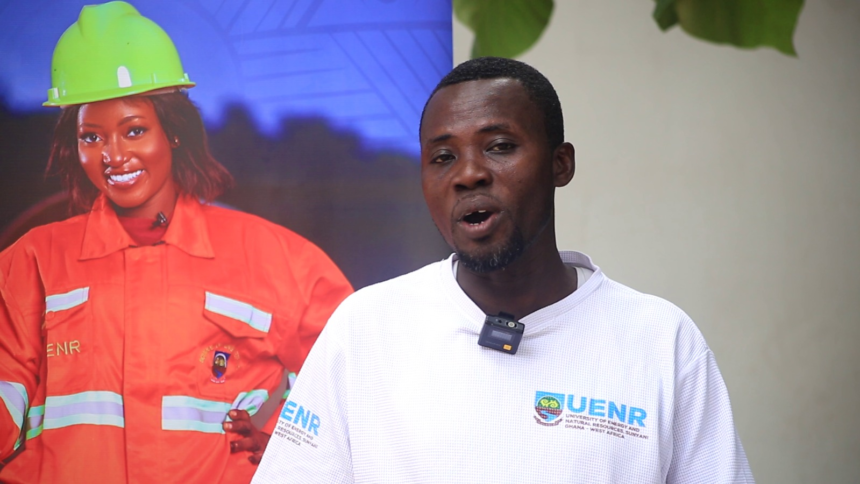The current cutoff point system used in tertiary education has come under scrutiny by a senior official at the University of Energy and Natural Resources (UENR). James Clarke Hayford, the Institutional Advancement and Alumni Officer at UENR, expressed concerns that this system is creating barriers for students from less privileged backgrounds to access higher education.
Speaking at a career guidance seminar for final-year students at St. Louis Senior High School in Kumasi, Mr. Hayford emphasized how the cutoff system unfairly filters out capable students from vulnerable communities. He argued that students from underperforming schools should not be judged solely based on their grades, especially when these schools lack adequate teachers, resources, and learning materials.
Mr. Hayford highlighted the need for more flexibility in the cutoff point system to allow determined students, who meet the minimum university entry requirements, to gain admission. While acknowledging the importance of maintaining academic standards, he questioned the practicality of the current range of university entry requirements in Ghana, which can vary from an aggregate of 6 to 36.
Drawing from his experience as a former teacher at Holy Child School, Mr. Hayford emphasized the impact of experienced staff on student outcomes. He contrasted this with under-resourced schools where teachers are frequently rotated, disrupting academic continuity.
Sharing his personal journey, Mr. Hayford encouraged students by revealing that despite struggling with English fluency after completing SHS 25 years ago, he was able to attend university, which changed his life. He stressed the transformative power of tertiary education and advocated for equal opportunities for all students, regardless of their background.
The career guidance event at St. Louis SHS aimed to prepare students for life after school and help them make informed choices about their tertiary education pathways. Assistant Headmaster, Patrick Kwabena Amofa, noted the event’s benefits for both students and parents, reducing the number of admission forms purchased and guiding students towards suitable career paths.
Students like Vanessa Wiisewie Sukenabe and Prisca-Pearl Amfo expressed excitement over the session, citing a better understanding of subject combinations for university programs. Representatives from various universities presented opportunities and entry requirements, encouraging students to plan their academic futures carefully.
This annual initiative provides valuable guidance for students as they navigate their post-secondary education options, ultimately aiming to create a more inclusive and accessible higher education system for all aspiring students.








